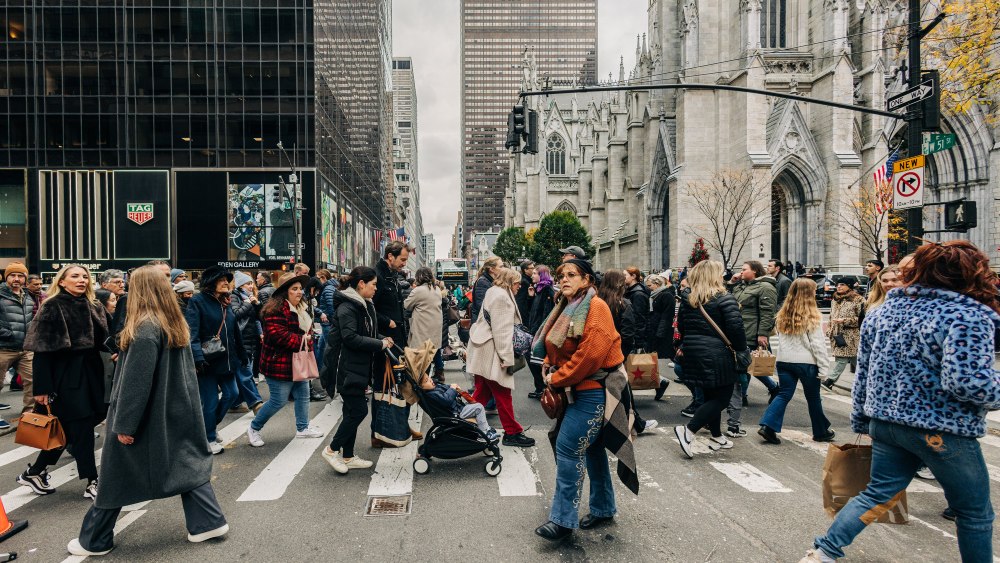M
assachusetts lawmakers, educators, police chiefs, real‑estate agents, and health‑care workers from Martha’s Vineyard to Somerville have urged Boston to revive a local‑option real‑estate transfer fee that was dropped last session. Gov. Maura Healey had added the fee to a housing bill, but the House and Senate omitted it. The Massachusetts Board of Realtors and the Greater Boston Real Estate Board opposed the fee, saying it would hurt the market and be an ineffective revenue source. Yet many local agents, such as 30‑year veteran Candace LaRosa of Martha’s Vineyard, argue that the industry’s stance does not reflect the island’s brokers. LaRosa reminded lawmakers that she testified in favor of the fee in 2004 and urged that the tool not be delayed.
Sen. Jo Comerford and Reps. Mike Connolly and Carmine Gentile introduced S. 1937/H. 3056, allowing every city and town to impose a fee on the transfer of “luxury real estate.” The revenue would go into the locality’s affordable‑housing trust fund. Communities could set their own threshold; the bill proposes $1 million or a county’s median single‑family sale price as a starting point, but any town could raise that floor. The proposals could generate $200 million a year for affordable housing.
Connolly, who represents Somerville and Cambridge, said zoning reforms alone cannot solve the housing crisis; limited funding and capital constraints remain major barriers. Towns pursuing the fee include Somerville, Concord, Martha’s Vineyard, Nantucket, and Falmouth, whose Rep. Thomas Moakley has also introduced a separate bill to create a housing bank on the island.
Cape Cod and the Islands face soaring housing costs, a dearth of year‑round units, and a shortage of essential workers. A 2024 law broadened the definition of “seasonal communities,” giving towns with many second‑home owners a chance to address housing challenges. Sen. Julian Cyr noted that while these towns have adopted the designation quickly, they lack a substantial revenue stream to fully capitalize on it. Martha’s Vineyard’s Island Housing Planner Laura Silber estimates that the island needs 740 additional year‑round units and must protect over 2,700 existing units from being sold to luxury buyers.
Somerville Mayor Katjana Ballantyne warned that the loss of ARPA and other federal funds, coupled with shrinking development‑linkage fees, is draining affordable‑housing revenue. Comerford added that denying municipalities the ability to tax luxury real‑estate transfers leaves hundreds of millions of dollars of potential funding unused.
Massachusetts must build 220,000 homes by 2030 to meet demand. Since Gov. Healey took office, more than 90,000 units have been completed or entered development. The climate for transfer‑fee legislation this session may be shaped by a possible 2026 ballot measure that would cap statewide rent increases as a strategy to curb the affordability crisis.














